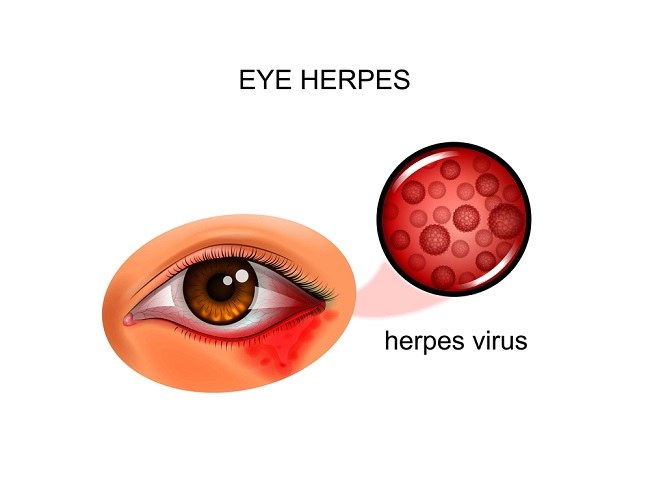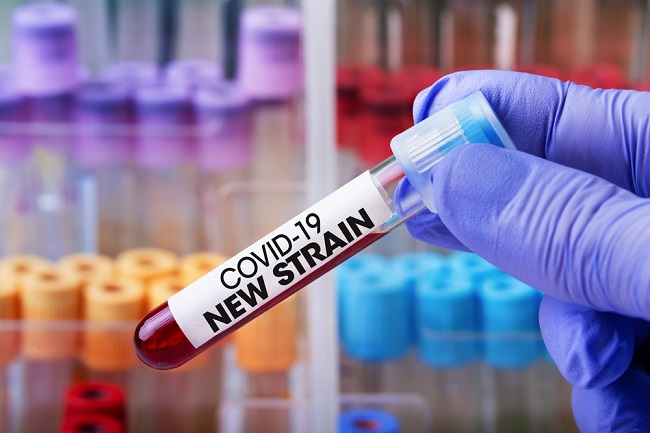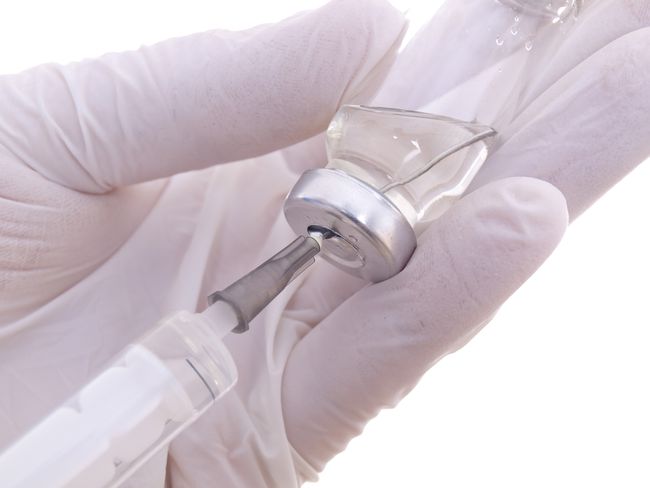Information that baby's umbilical cord blood can be used to cure disease is now increasingly being heard in Indonesia. Is it true that the efficacy of umbilical cord blood is so great for curing disease? Come on, see the facts and explanations here.
After being born into the world, parents can save their baby's umbilical cord blood to be used as a "medicine" for certain diseases suffered by the baby or other people.

However, these benefits are not that easy to obtain. The reason is, there are rules for storage and use that parents must also know and consider.
Facts about Umbilical Cord Blood to Cure Diseases
Cord blood contains many stem cells or stem cells which plays a role in the development of various tissues, organs, and body systems. Stem cells found in any part of the body can change and grow into other cell types.
Through the process of stem cell transplantation, the body's cells that have been damaged by disease can be replaced with stem cells so that the body's cell regeneration occurs. This is the reason why baby's umbilical cord blood is said to be used to cure various diseases.
Although first known as part of aesthetic therapy anti aging, The benefits of stem cells continue to be researched and developed as a solution to treat various health problems, such as heart disease, Alzheimer's disease, diabetes, arthritis, brain injury, stroke, to cancer.
Umbilical Cord Blood Collection Process
To be able to be used in the future, there are rules that need to be considered in the collection of umbilical cord blood. The doctor will take cord blood about 30-60 seconds after the baby is born.
The method of collection is by clamping and cutting the umbilical cord, then inserting the needle into the umbilical cord vein which is still attached to the placenta. After that, the flowing blood will be collected.
Generally, the collected blood reaches 1-5 ounces. This blood collection process will take approximately 10 minutes. After the blood collection process is complete, the blood will be stored in a sealed bag and immediately sent to the laboratory or umbilical cord blood bank for examination and storage.
The process of taking umbilical cord blood can be done on mothers who gave birth normally or by caesarean section.
In Indonesia, the procedure for storing baby's umbilical cord blood may not be too common to hear. However, several large hospitals and laboratories already provide this service. It's just that some services are still research in nature which requires several stages before the procedure can be started.
Stem cell services have also been regulated by PERMENKES number 32, 2018. This regulation states that stem cell therapy services must be evidence-based services (evidence-based medicine) and already have service standards.
Is it necessary to store umbilical cord blood?
The baby's umbilical cord blood can be saved for later use or it can be donated to others. However, the fact is that blood that is kept for oneself is rarely used for two reasons, namely:
Cannot be used for all diseases
Although it is said that it can be used to treat more than 80 diseases, the fact is that cord blood cannot be used to treat all types of diseases.
One example of a disease that cannot be treated using stem cell therapy is a disease caused by genetic mutations. This is because genetic disorders are also usually present in these stem cells.
Have limited time
Cord blood has limited time, so it cannot be stored for a long time. According to recent research, this blood can only be used before the 15th year of the baby's birth. When used after 15 years in storage, the risks are not known.
For this reason, cord blood storage is preferable if there is a family member who needs treatment with stem cell transplants. If no one is in need, it is better for cord blood to be stored in a public blood bank, so that it can be useful for others.
In addition, there are many things that still make the stem cell transplant procedure quite difficult to do. Among them are related to facilities that are still limited, benefits that are still being researched, to costs that are not cheap.
After understanding the positives and negatives of storing umbilical cord blood, you can determine whether or not it is necessary to store baby's umbilical cord blood. If you are really interested in doing it, consult your doctor first to arrange preparations.









